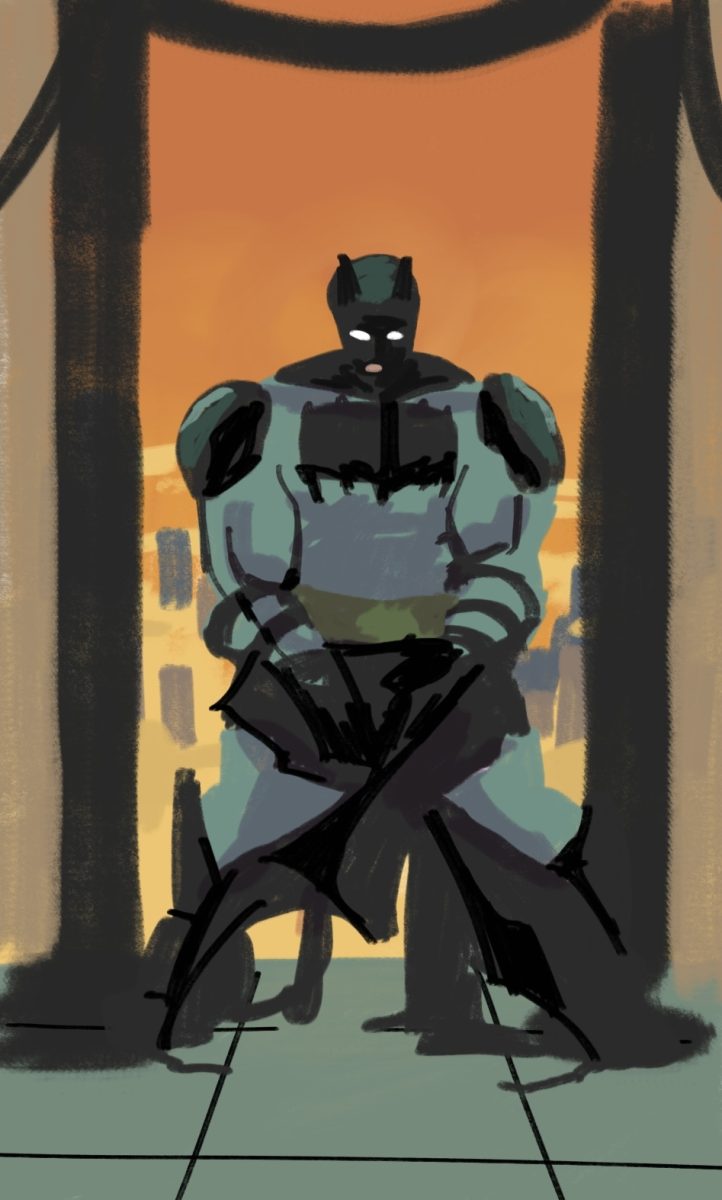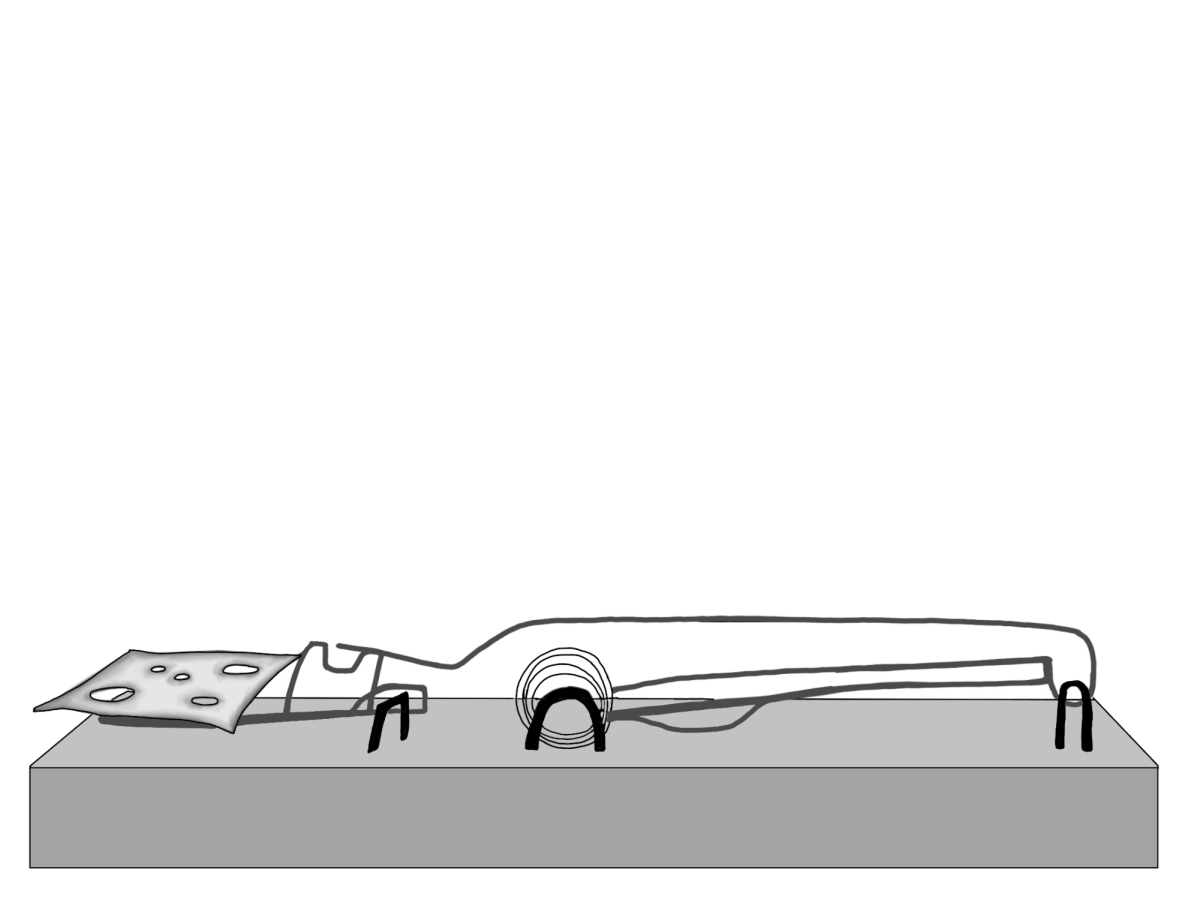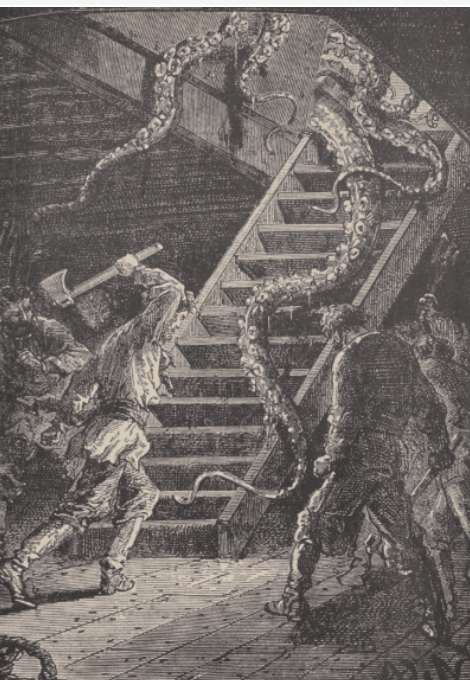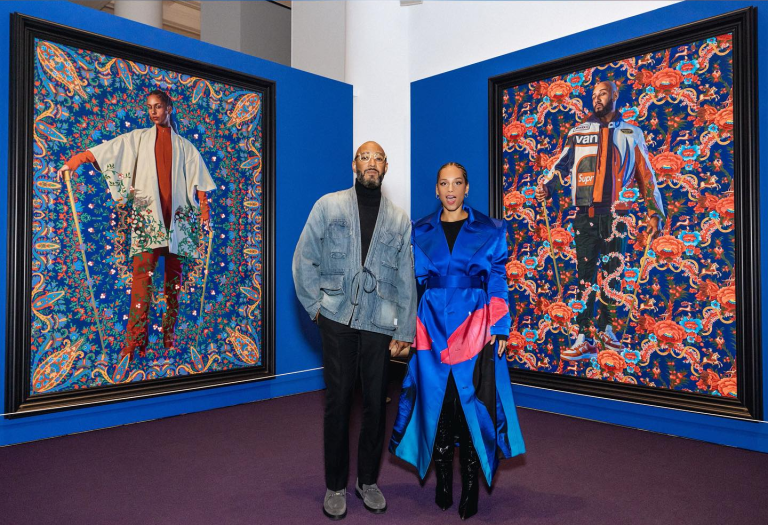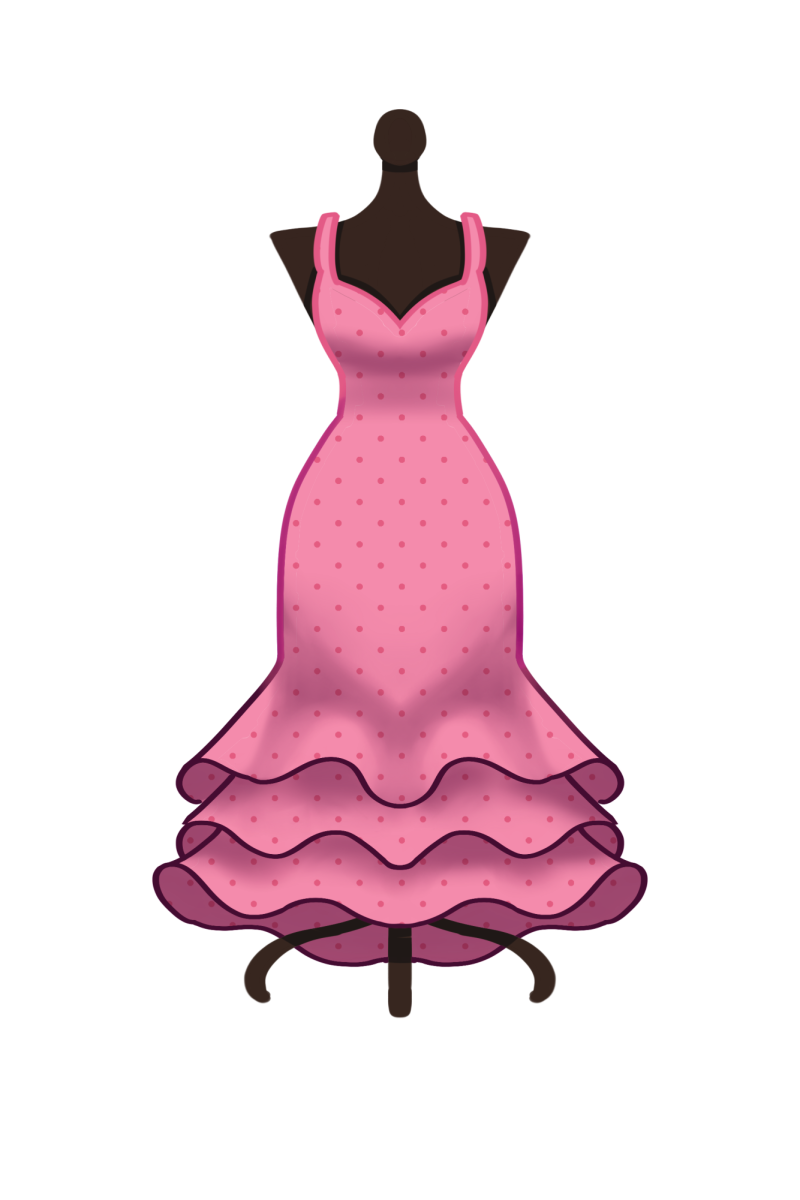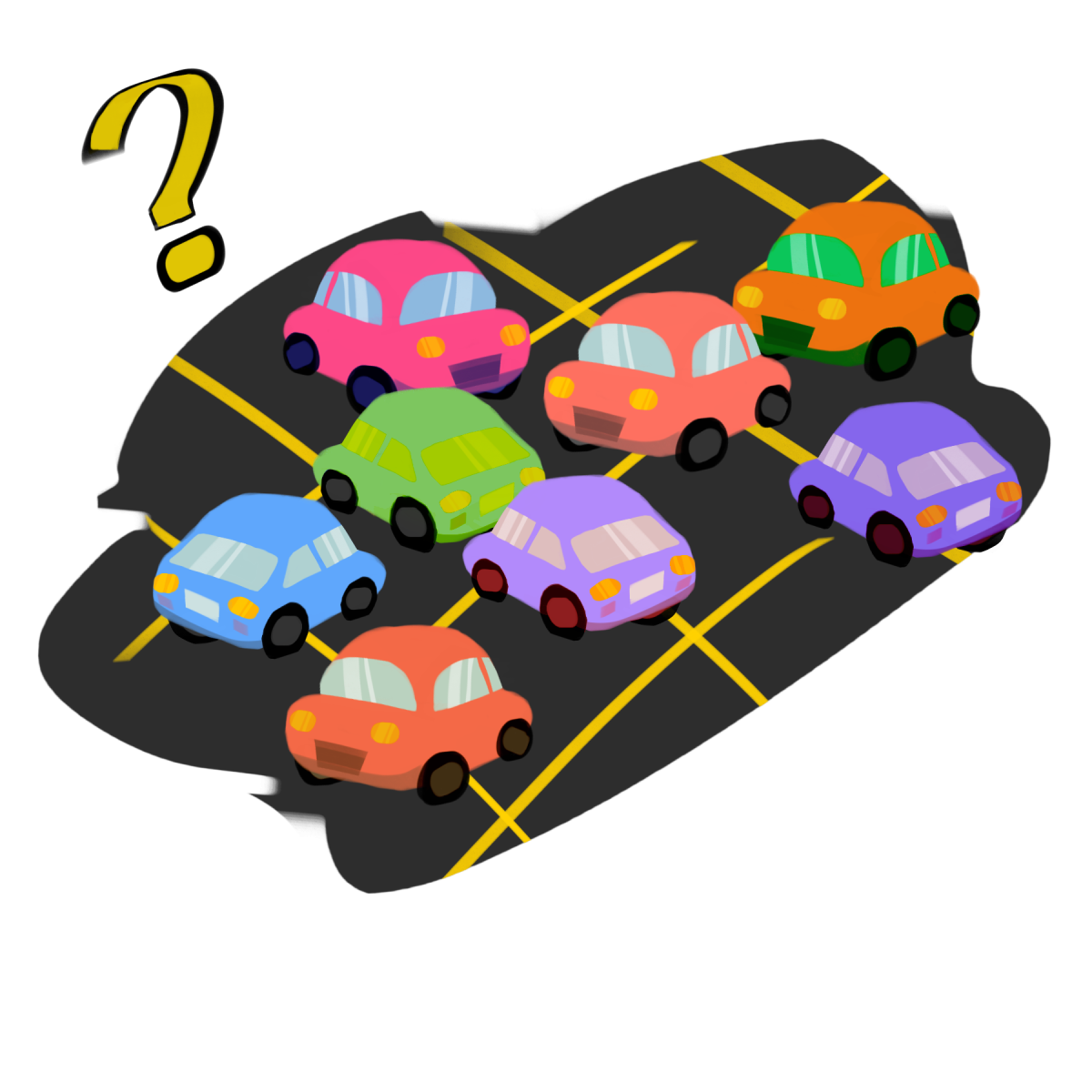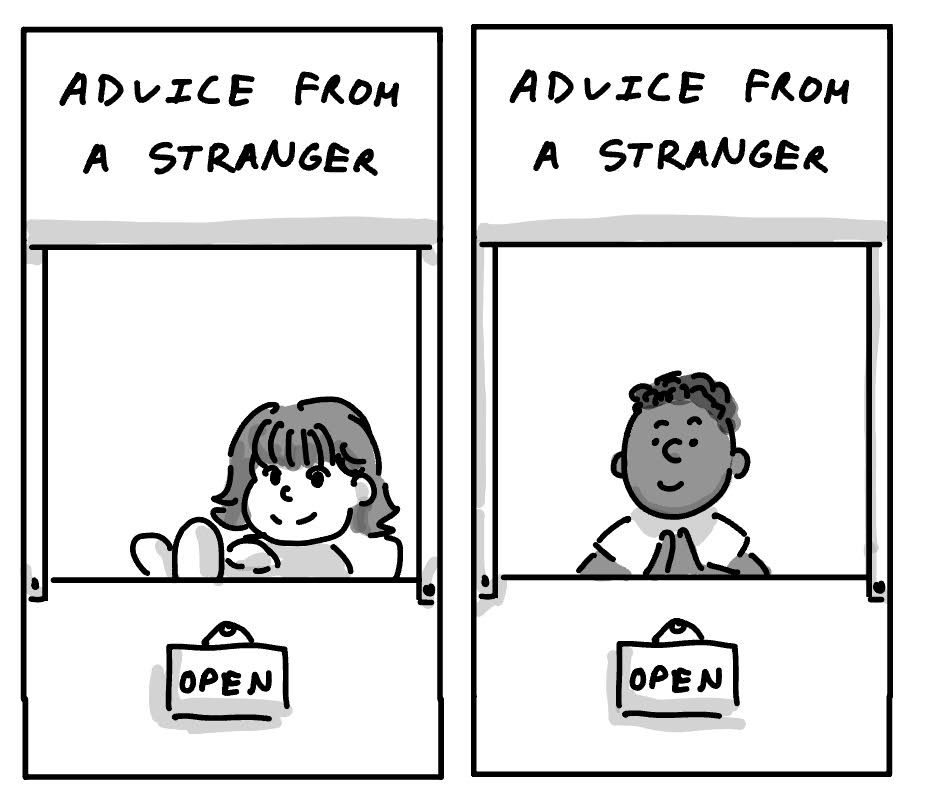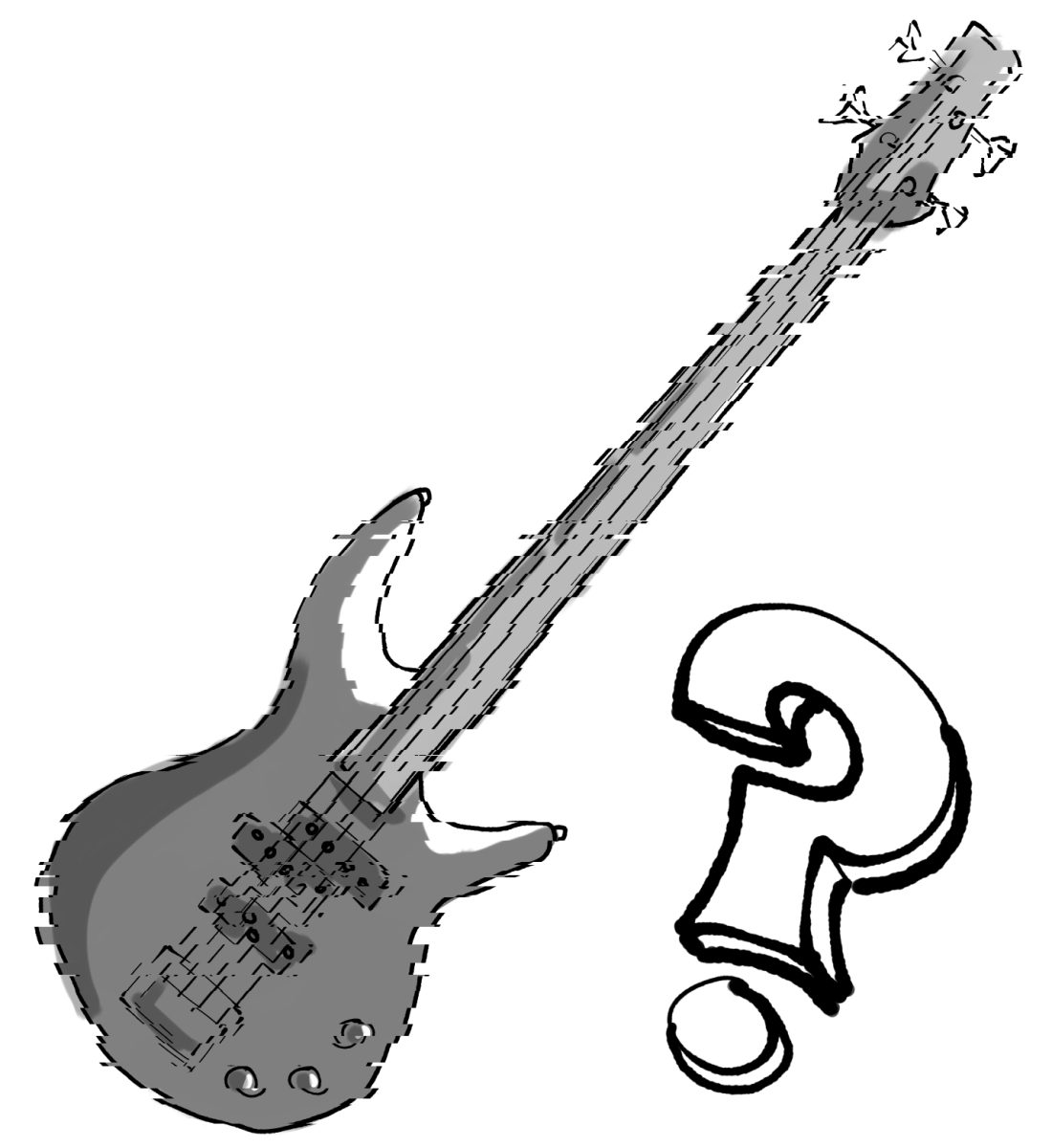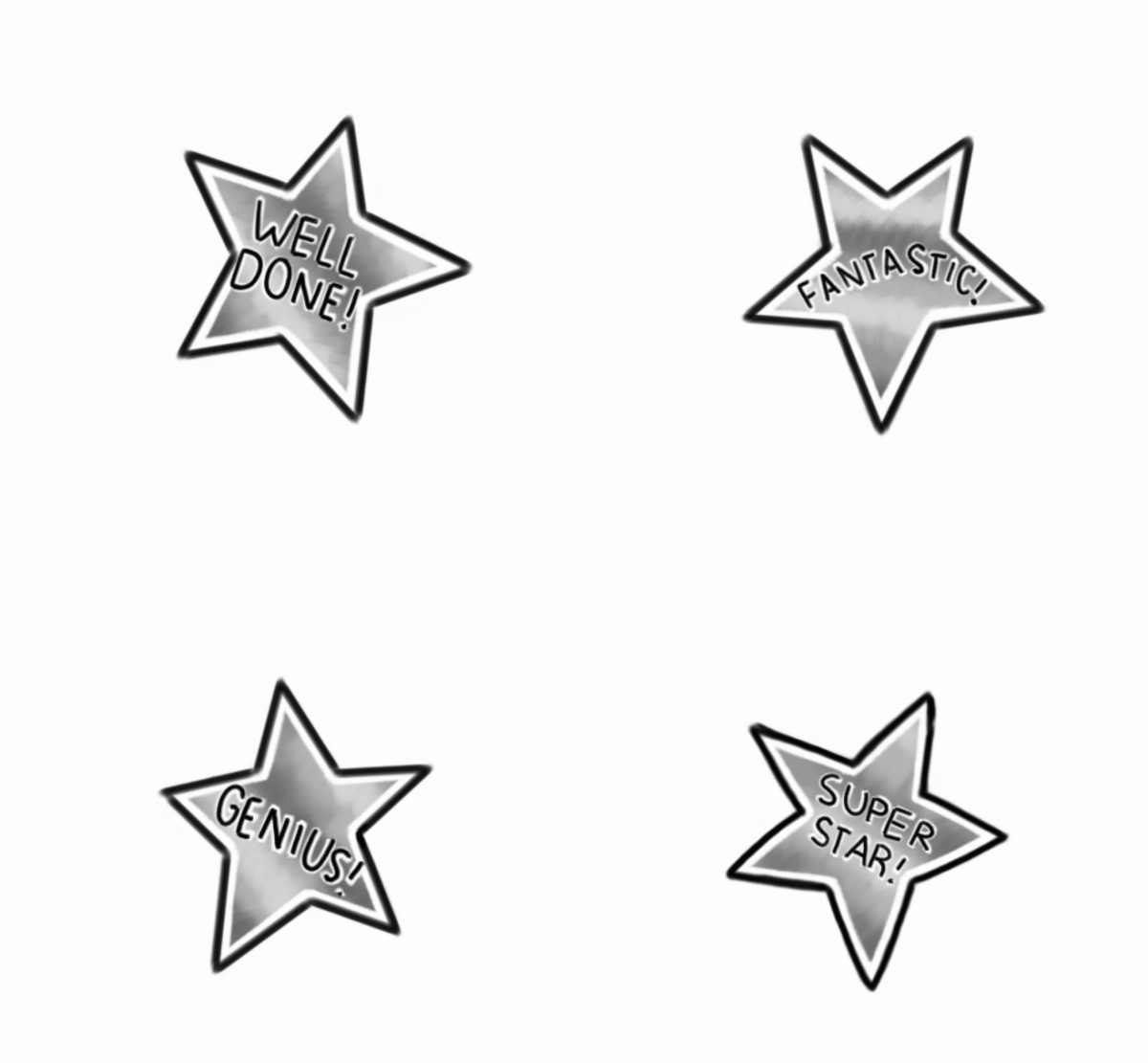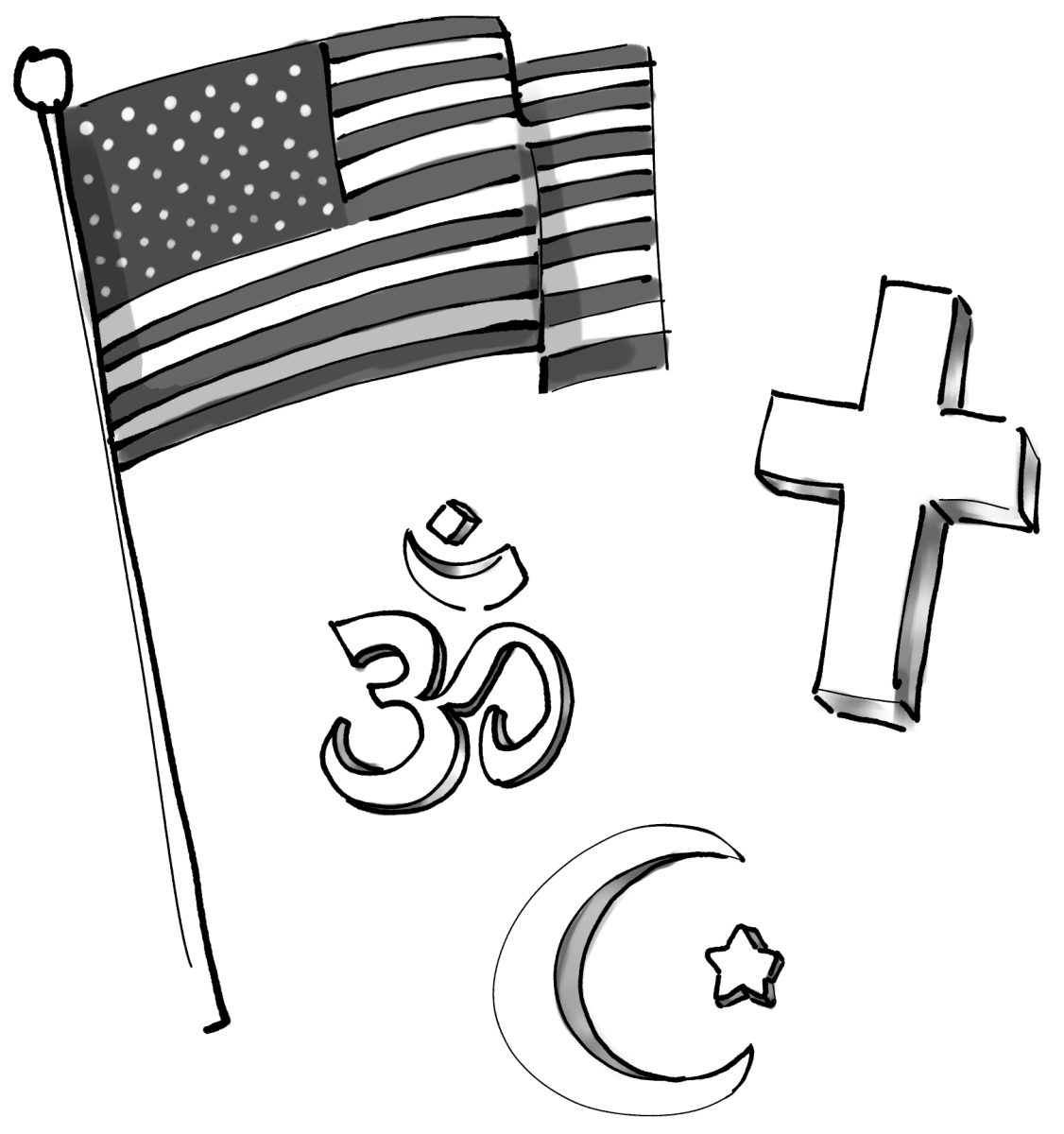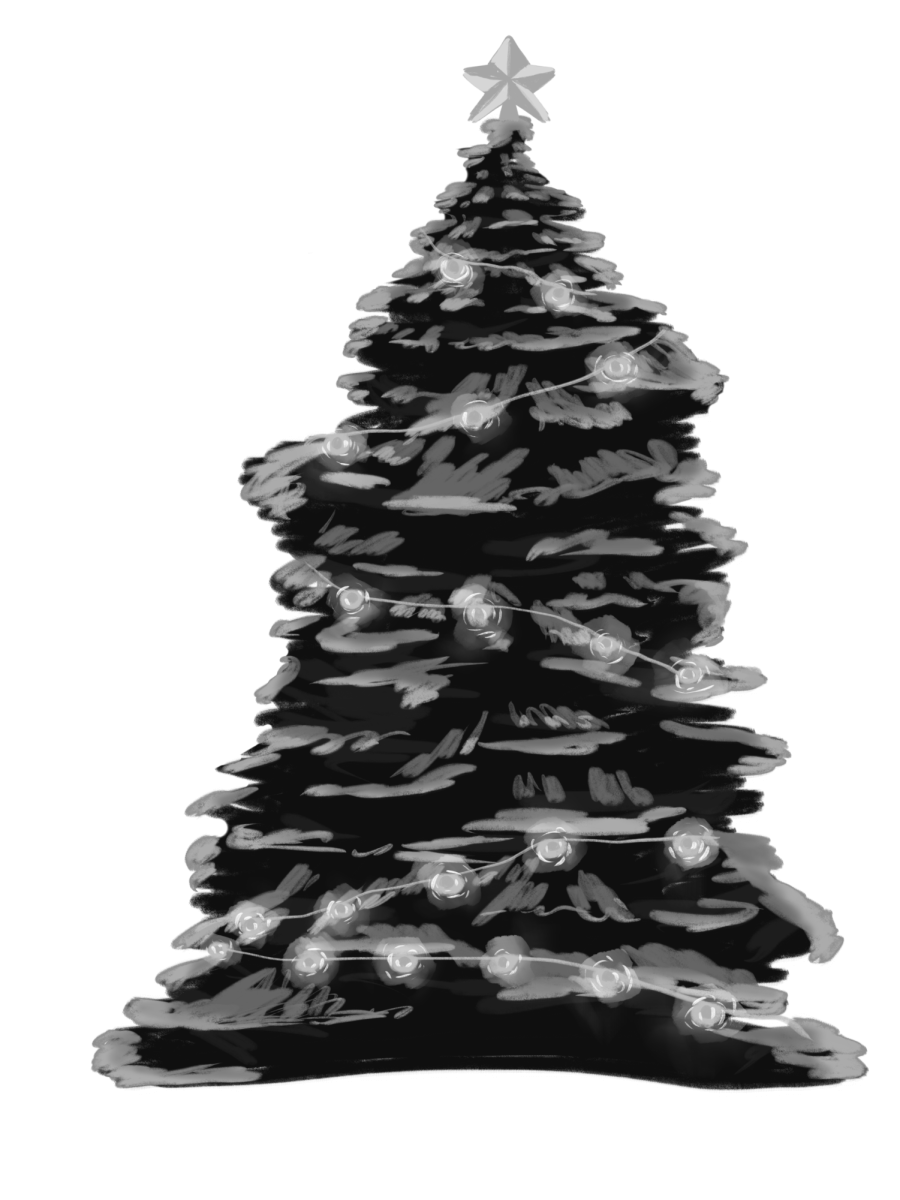When Spotify launched in 2010, it revolutionized how we access music. Over a decade later, it remains a cornerstone of music streaming and consumption, amassing over 600 million users worldwide. However, a newer phenomenon is threatening the music giant: the rise of AI-generated music. Artificial intelligence has made impressive strides in the past couple years, and despite its applications in the global scene, and its consequences for the arts, like music, have sparked controversy.
In the last few months, Spotify has become infested with a surge of AI-generated songs creeping onto their platform. With how much music is constantly uploaded to their platform — almost forty thousand tracks per day, according to CEO Daniel Ek in 2023 — it’s no surprise that a some AI-generated content has slipped through the cracks. How much, and what impact it has, remains a question.
Elizabeth Lapatto of The Verge reported multiple cases where new albums – that had no connection to the artists’ prior work – were published under the names of established artists like HEALTH and Annie, only to mysteriously dissapear after a few days. In another instance, an album full of AI-generated music appeared on the page of a verified artist, Standards, and stayed on their page for multiple days despite complaints from the artist themselves.
This problem extends beyond isolated incidents. Consider Spoti- fy’s auto-generated, user-tailored playlists, like “Jazzy Morning,” “New Age Mix,” or “Autumn Mix,” which have also been criticized for featuring AI-generated songs. On Reddit, users have reported tracks with generic artist names and generally low-quality music. While this might be minor to some, it has broader implications for artists and listeners alike. For one, Spotify pushing these fake songs takes plays and attention away from real artists on their plat- form. For another, it devalues the authentic, emotion-driven art made by real artists by putting it on the same level as algorithmically-generated slop. Anthony Dosev, ‘27, says, “I’m not sure how much attention it gets, but, I mean, [they] are stealing attention from real artists… I think if it does actually blow up and actually become sort of a mainstream thing, then it’s just gonna make the music even more bland and repetitive, because it’s based off music that already exists.”
Despite the threats AI-generated music poses, it will never truly replace human-made art. Liam Halloran, ‘25, says, “music is one of the kind of ineffable characteristics of human experience that we don’t really define that much, but I think AI kind of takes away that unique aspect of the musical connection that we all have … at the end of the day, honestly, music is one of the only things that I think will prevail at a human level over anything computer-generated.

